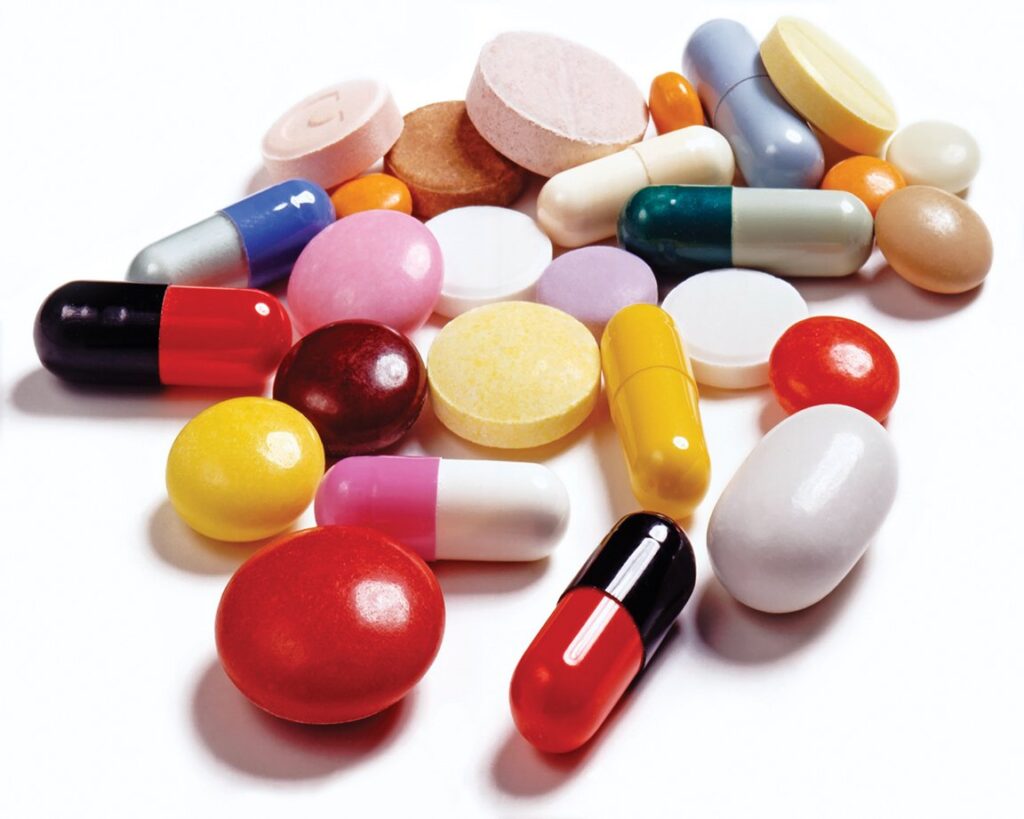There is a very small distinction between substance abuse and addiction. Substance abuse is defined as the use of an illegal substance or the misuse of a legal substance. Abuse, or the use of a material like marijuana or cocaine, is the first step toward addiction.
You can abuse a drug (or drink) without becoming addicted to it. For example, just because you smoked cannabis a few times doesn’t imply you’re addicted to it; it does mean you’re abusing a drug, which might lead to addiction.
Addiction can occur to a variety of substances. We normally think of alcohol or illegal narcotics when we think of addiction. People, on the other hand, become addicted to pills, marijuana, and even tobacco. Some chemicals have a higher potential for addiction than others: cocaine or crystal meth are so addictive that the person may only take them once or twice before losing control.
Addiction indicates that a person has no control over whether or not they use drugs or consume alcohol. Cocaine addicts become so accustomed to the drug that they feel compelled to consume it. Physical, psychological, or both types of addiction exist.
Psychological Addiction
A psychological addiction, according to some older definitions of addiction, occurs when a person does not experience substantial physical withdrawal symptoms when they reduce their dosage or cease using the drug.
They are largely affected by emotional symptoms. Cravings, despair, anxiety, insomnia, and concentration issues are all psychological symptoms. Psychological addictions are often thought to be less serious than physical addictions by many therapists.
Physical Addiction
What comes to your mind when you think about physical addiction, most people think of the withdrawal symptoms that occur when a person stops giving their body the substance they have been taking on a regular basis.
When a person uses a substance on a daily or regular basis, their body gets reliant on it. This indicates that the cells can’t function normally without the medicine they’ve grown accustomed to. As a result, unpleasant withdrawal symptoms develop, prompting most people to seek relief from the drug.
Symptoms of withdrawal include:
- Anxiety
- Fatigue
- Sweating
- Vomiting
- Depression
- Seizures and hallucinations
How To Help Someone Dealing With Addiction
Whether you are attempting to assist someone who has never been admitted to treatment or someone who was in recovery but is now relapsing, here are 3 things to keep in mind.
Don’t Enable
When the condition takes root, it is tough for family members to cope. Family members have frequently unknowingly aided the person’s addiction without even realizing it. Do not attempt to assist the addict. Allow them to experience the consequences of their disease. People are frequently averse to change until they are compelled to do so. Don’t provide any financial help to the addict or their addiction.
Many family members and friends buy groceries, provide financial support to pay court fees or attorneys, or pay rent to assist someone, but this usually simply serves to prolong the condition by allowing addicts to dodge repercussions.
Encourage Them To Seek Treatment
Discuss the possibility of a treatment program with your loved one. This could take the form of rehabilitation, psychotherapy, or nutrition guidance.
Educate Yourself
You only see what you already know. It’s easy to ignore the signals that are right in front of you unless you have knowledge of addiction and the symptoms of drug misuse. It’s understandable if you don’t know everything there is to know about addiction right now. On the other hand, taking the time to learn about your loved one’s illness and how it affects them will be highly beneficial to both you and your loved one. It also assists you in becoming more aware of the signs that your loved one needs help. Visit The Process Recovery Center Website and learn more.
